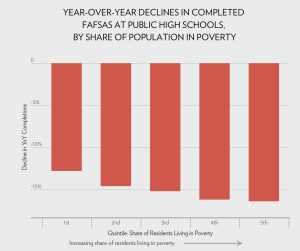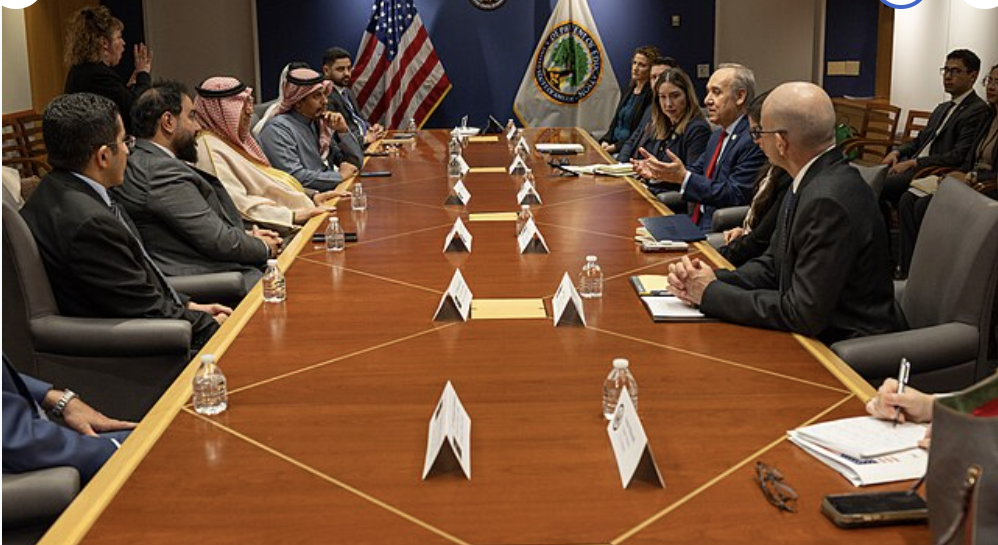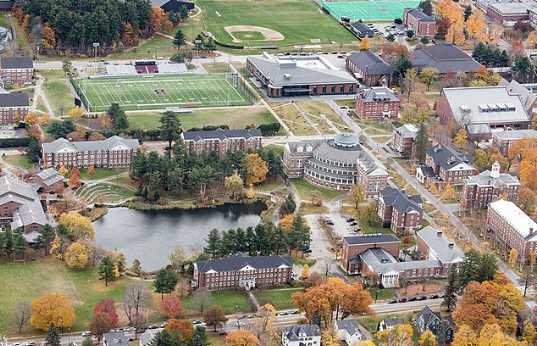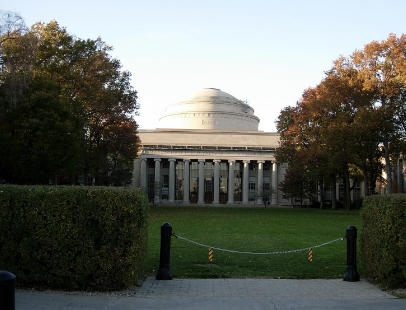With President-elect Donald Trump beginning to start a second term in office, there could be some big changes for seniors and juniors preparing to apply for FAFSA. Trump plans on implementing new things for the Department of Education.
In 2016, former President Donald Trump began to focus on rescinding higher education initiatives formed by the Obama Administration. When Joe Biden became president, he made federal student loans a major issue. With middle and working class families being the highest receivers in student loans, he planned on forgiving up to $20,000 for certain students who qualified. Now with former President Donald Trump getting re-elected, he has plans in place to change what student loans and aid look like.

According to President-elect Donald Trump and his Agenda47 policy platform, he plans on getting rid of the Department of Education and “moving it back to the states.” The Department of Education currently manages the federal student loan portfolio. Currently there are 46 million Americans that hold the student debt loans, according to CBS News.
There is no clear direction where the FAFSA funds will be going or what group or agency will be managing it.
“We just should be very concerned about what the next administration will mean for borrowers,” Persis Yu, managing counsel for the Student Borrower Protection Center, said in an interview with CBS News.
Trump’s administration, in the past, proposed slashing the Education Department’s budget every year he was in power, with large cuts to financial aid. The 2020 budget called for a $5.6 billion dollar reduction.With a mostly conservative Congress, these past plans could be put in place.
“I know that if there are significant changes to financial aid, I won’t be able to afford going to college,” DRHS senior Owen Robertson said.
Current Pell funding will continue to stay in place, but other federal college-access programs, such as Public Service Loan Forgiveness, could be getting cut out. Without these college-access programs, federal grants alone will not be as effective.
“We may start to look more skeptically at some programs and ask, ‘Why are these receiving taxpayer money?’ And we may look at others and say, ‘Why aren’t these?’’ Preston Cooper, a senior fellow at the conservative think tank the American Enterprise Institute, said in an interview with Inside Higher Education.

As of right now, students depending on financial aid are still safe and will continue to have their education covered in this school year. However, students should continue to check updates about the changes to FAFSA and financial aid.






